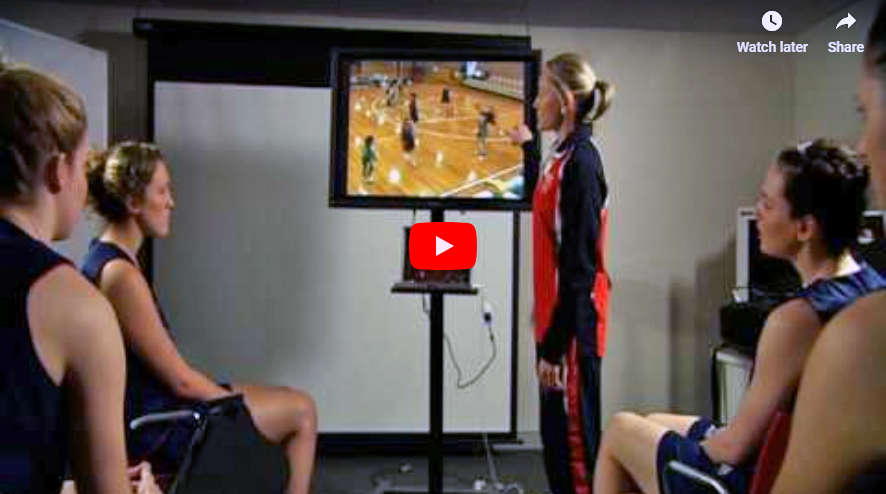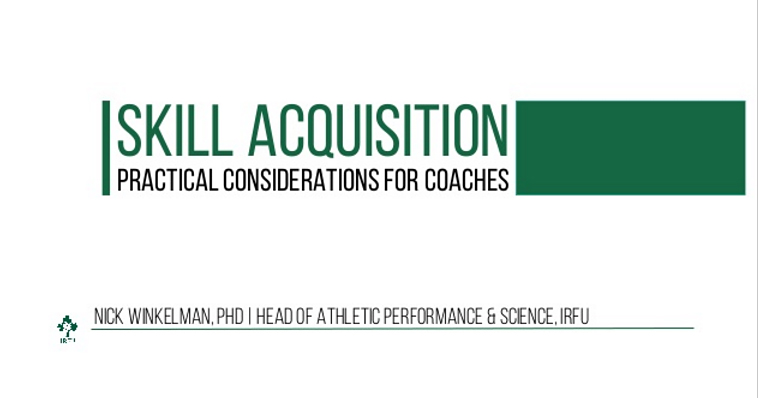Random Thoughts on Skill Acquisition and Practice
Block vs. Random practice
Suppose you plan working on three skills in today’s workout. It can be anything – from technical skills to tactical/decision making skills. So, for the sake of simplicity let’s call them A, B and C skills.
How are you going to organize the practice for it? Most likely in the following format:

This approach is called “block approach” and it is so ingrained in coaches’ mind that is almost automatic process. But it is not the best.
We usually equate skill performance and skill acquisition and retention. But if someone is performing the skill nicely, does it means he is learning or he will recall the skill after certain period? It is very easy to give you concrete example: What is 3×8?
It is 24, of course. What is I continue to ask you what is 3×8? You will say 24. What if I ask again and again? Still 24. The thing here is that you performed multiplication on the first time and only repeated the result thereafter.
Something similar is happening with block practice. We think if someone is performing well that is also learning well. The opposite also holds true – we think that if someone is stuck at performing that there is no learning.
Another solution is “Random Practice”:

We alternate between skills after each repetition (or after very small number of repetitions). This way the practitioner is practicing “recall” from the memory (from long term to working) which makes the skill to “stick” better. Performance might suffer, but learning will be better. This is crucial to remember.
The question is the following – when should we switch from block to random practice? I would say as soon as possible. One doesn’t need to be very familiar with the skills practiced, but sometimes skills can be introduced in blocked manner, but switched to random practice as soon as possible. Please make note that skills introduced for the first time shouldn’t be complex or with a lot of details – we need to provide “simplified” drills and constraints where practitioners can practice “working skill” with enough confidence and hence be able to do it in random order.
Fixed vs. Variable Practice
Another skill acquisition topic is fixed vs. variable practice. Fixed is referring to “stable” skill parameters: outcome, force, velocity, distance, rhythm, start and stop position and so forth.
Variable position, on the other hand involves varying all these parameter in every execution of the skill. This way, according to Richard Schmidt, one develops schema or something similar to a model describing relationship between internal parameters and external outcome (i.e. level of force and distance and so forth).
The rely on either fixed or variable depends a bit on the nature of the skill and skill performance environment. Some skill are performed in stable (closed) environment with minimal variations in kinematic. Anyway, being able to differentiate between nuances in these situation seems beneficial to me, especially when we realize that even in the most “stable” (close) skills there is some variability. For more variable (open) skills, variable practice is a must.
Take set-pieces practices as an example (I will come back to them later as well). Suppose your team is doing corners practice. The coaches usually prescribe fixed and block practice: 5 attacking corners from each side and 5 defending corners from each side. This will almost never happen in a game and it is not the best scenario for learning as well (even if there is some innate variability in every corner). The immediate performance will be better, but the acquisition, retention and transfer to competitive environment will be attenuated.











Responses